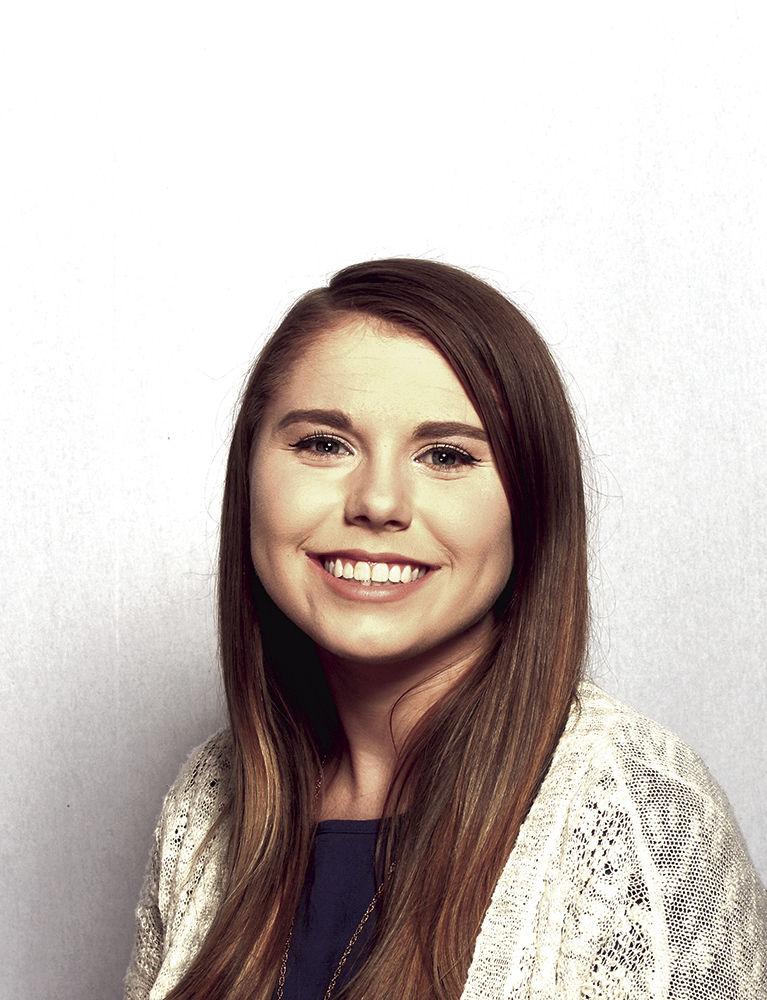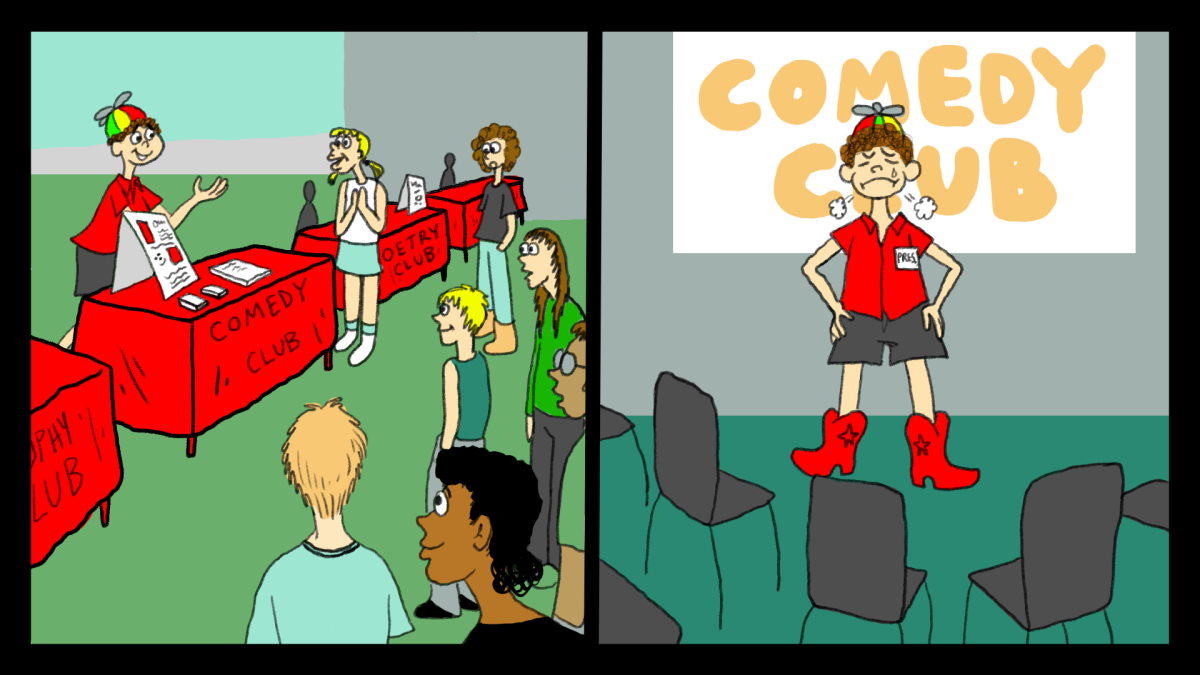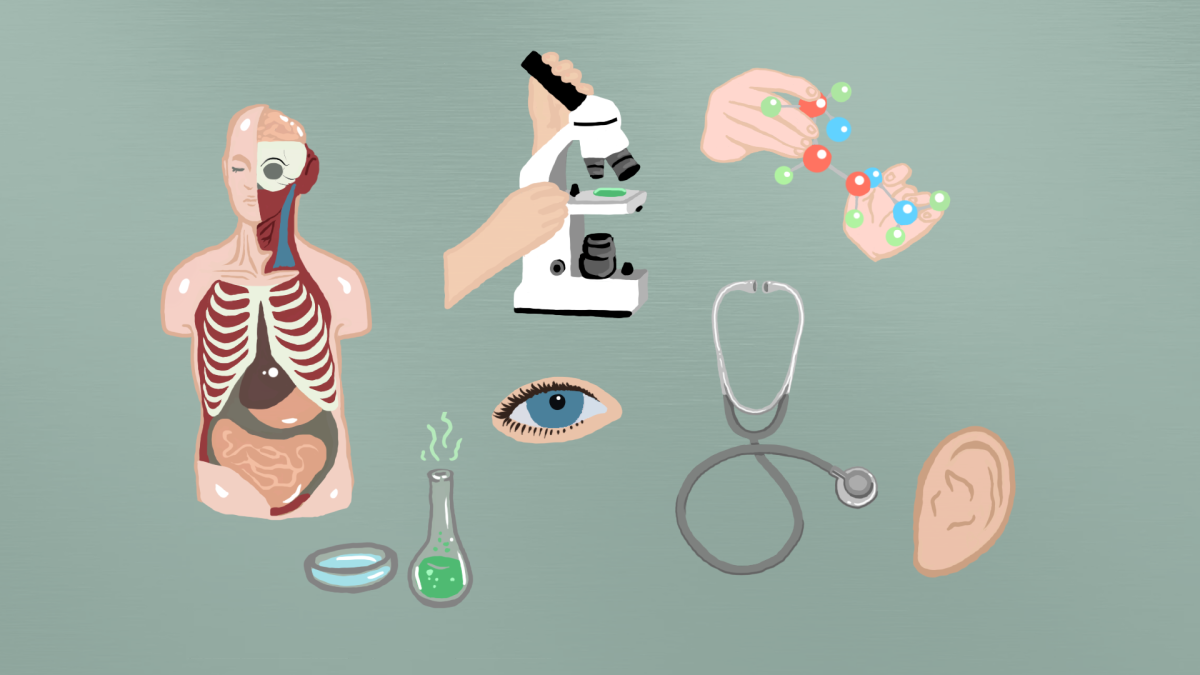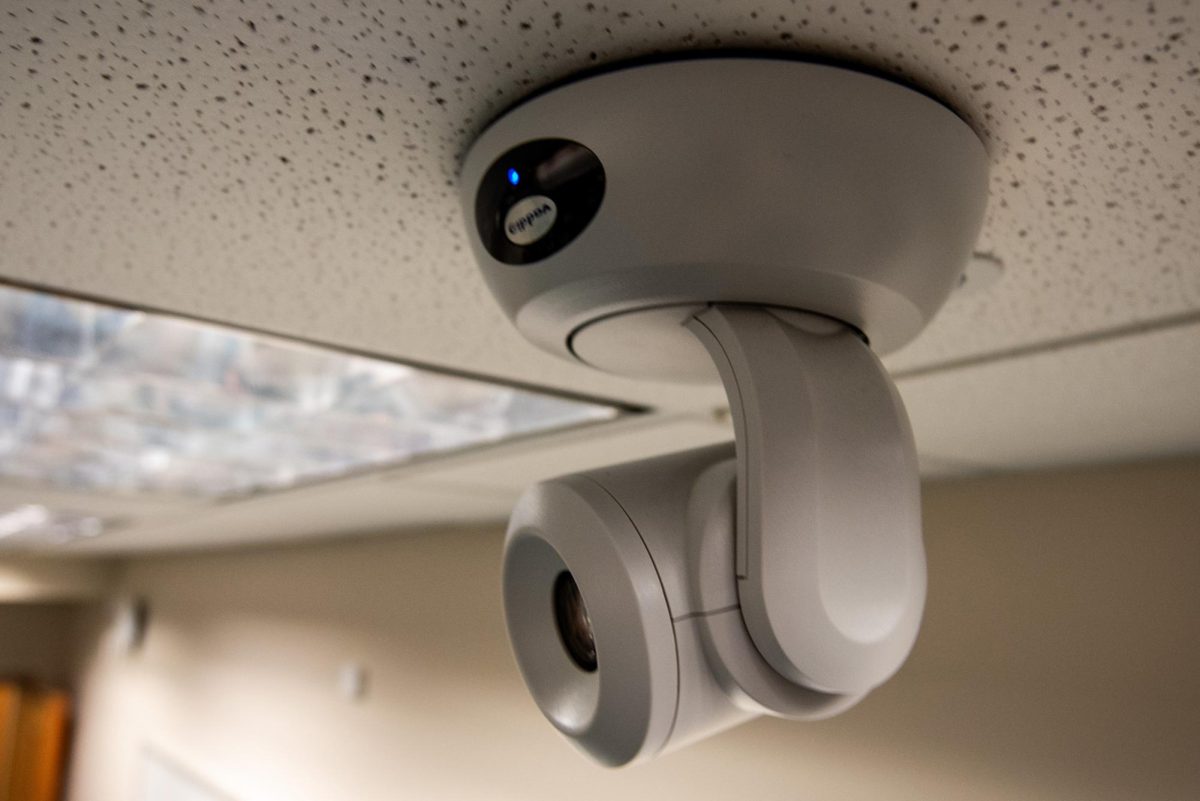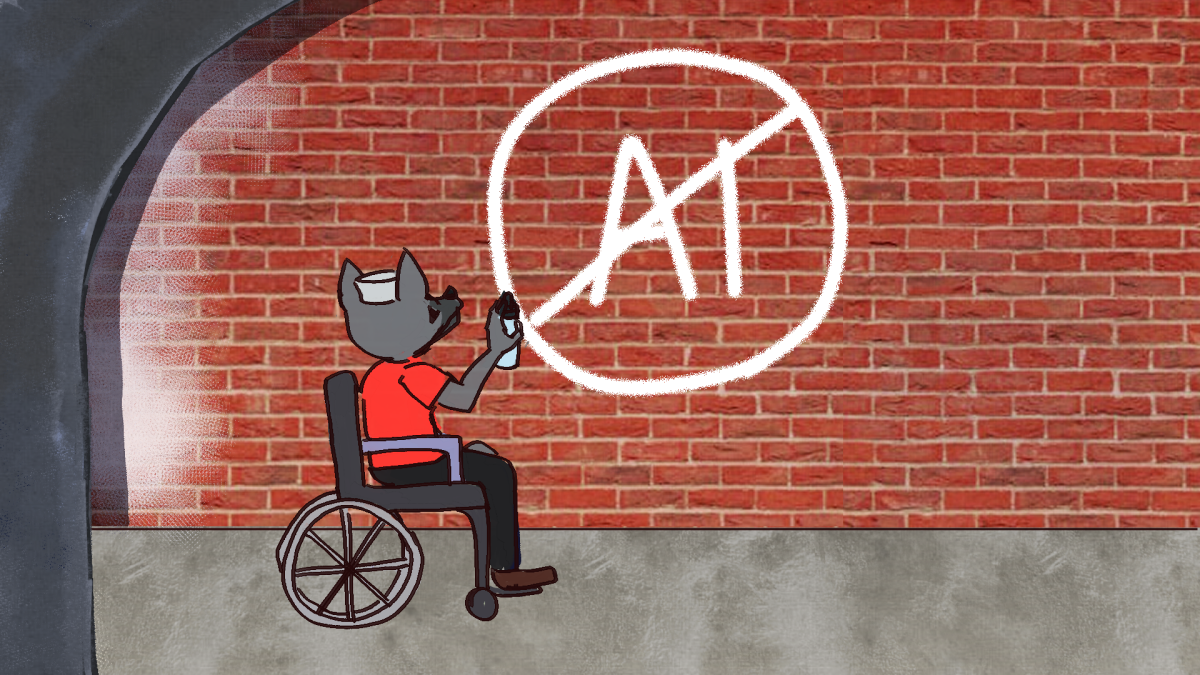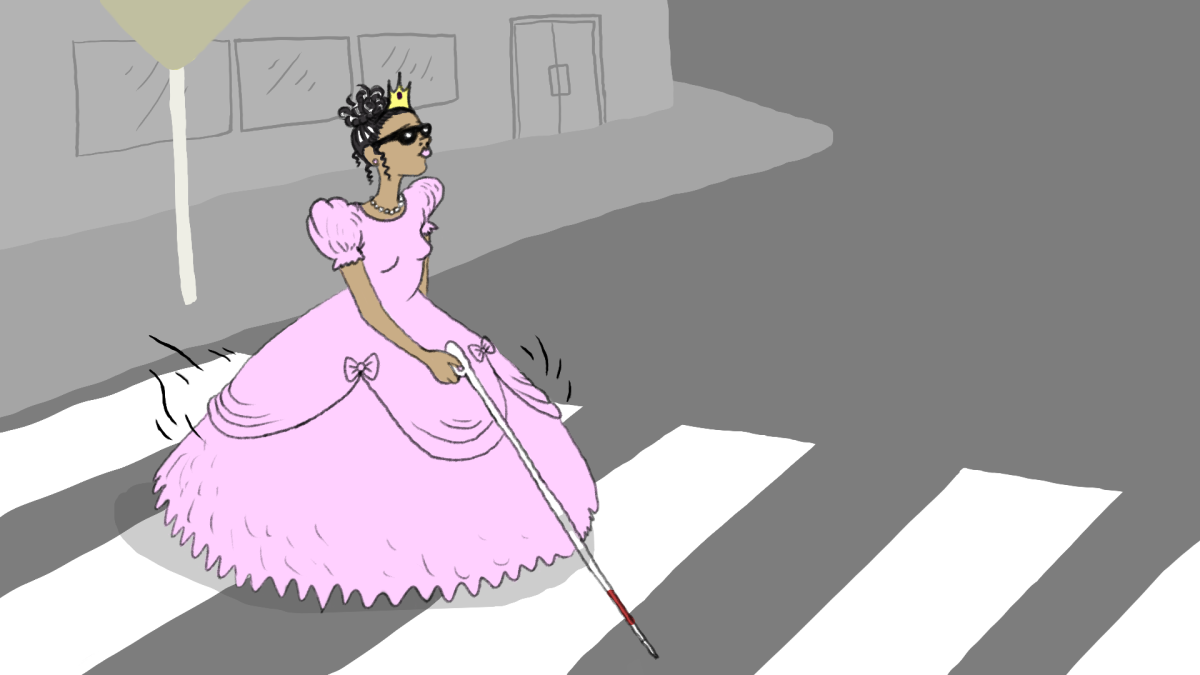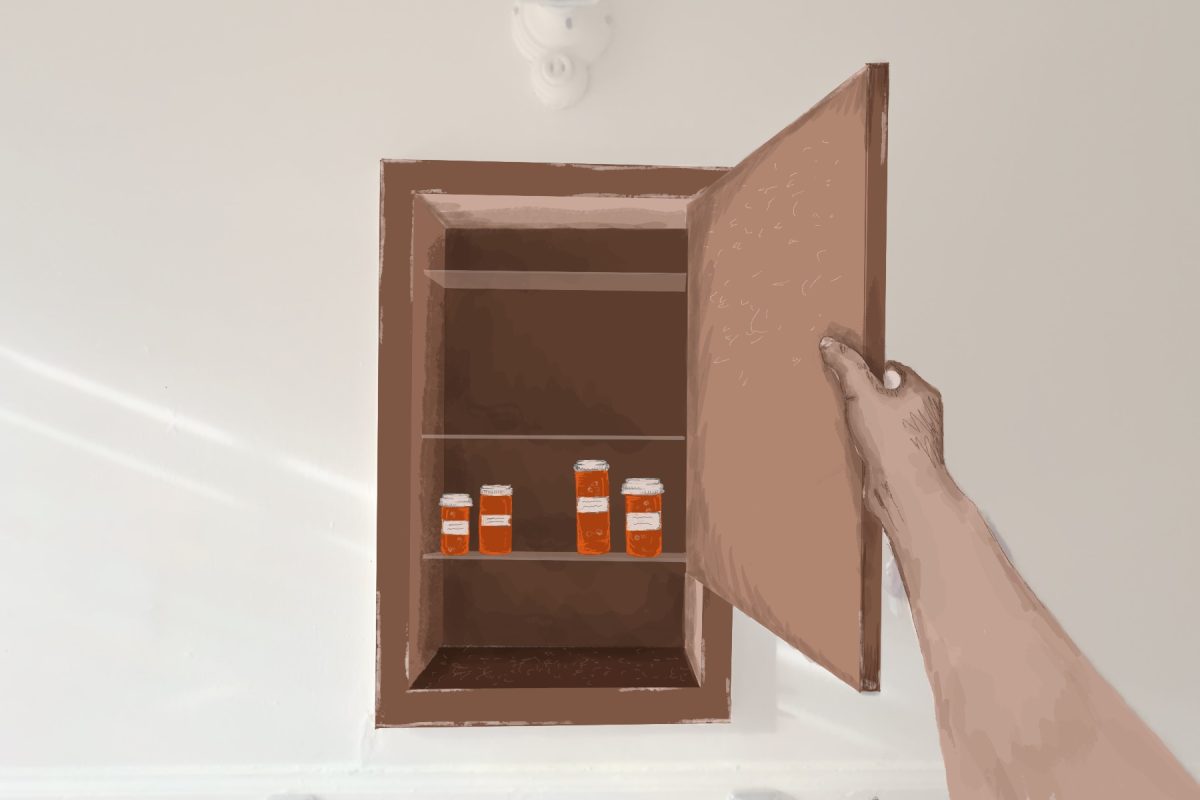Over spring break I had the amazing opportunity to go to Las Vegas with my three close friends for a girls’ weekend. During the trip, we experienced a few somber moments since we stayed in a hotel on the Las Vegas Strip only minutes away from where the largest mass shooting in American history took place a few months ago.
On Oct. 1, a gunman opened fire, killing 58 people and injuring many more at the Route 91 Harvest Country Music Festival. Visiting Las Vegas after the shooting was definitely a different experience than it would have been before the massacre. There were billboards all around printed with “#VegasStrong,” and almost all of the bartenders and servers wore ribbons with the same phrase.
We now hear about more tragedies almost every week, including the Florida school shooting and a shooting at a Maryland high school just a few days ago. However, tragedies don’t only happen in other states and at other universities; NC State has experienced its own.
In February 2015, we lost Our Three Winners, Deah Barakat, Yusor Abu-Salha, and Razan Abu-Salha. Shortly after, in September 2015, we lost Joseph Alexander Banks, who took his own life. NC State graduate Jenna DeCandio was one of the many injured during the Las Vegas shooting but thankfully recovered from her injuries. And more university students are dealing with more personal troubles than ever before, with 24,000 suicide attempts on college campuses occurring each year according to NC State’s Counseling Center.
During spring break, I was able to talk with locals and frequent visitors about how Las Vegas has changed since the shooting. There was obviously more security in casinos and nightclubs, and police were more watchful in public areas. However, there was also a change in the Las Vegas community. People were more caring of their fellow man; they starting volunteering more and they were more vocal about gun control.
The same can be said about our NC State community. Everyone reacts to tragedy in different ways, but what I really admire about the community at NC State is how we can come together and comfort one another even after the worst tragedy. Even in our darkest moments, we are still able to be there for one another.
According to Dartmouth College’s Counseling Center, “after any tragic event, a sense of community or togetherness is essential for helping individuals feel supported and cope with their reactions to traumatic events.” As a university, we have become more focused on building a more inclusive environment, and many of our initiatives have been motivated by tragedies.
The nights when NC State has felt the most loss, we have hosted vigils, resident advisers have led meetings and professors have made sure students know about campus resources like the GLBT Center or the Counseling Center. Our Wolfpack community becomes closer, and we start looking out for each other more.
I was on campus for both tragedies that occurred in 2015, and I had to go through my own personal troubles as well. But there were many moments in these times of darkness that I didn’t feel alone, and that’s because of the NC State community.
The community we have built at NC State has already had to deal with so much heartache, but we have recovered and grown closer together as a result. Although our world seems to be experiencing more and more turmoil, I believe that, no matter what comes our way, NC State will remain strong.


